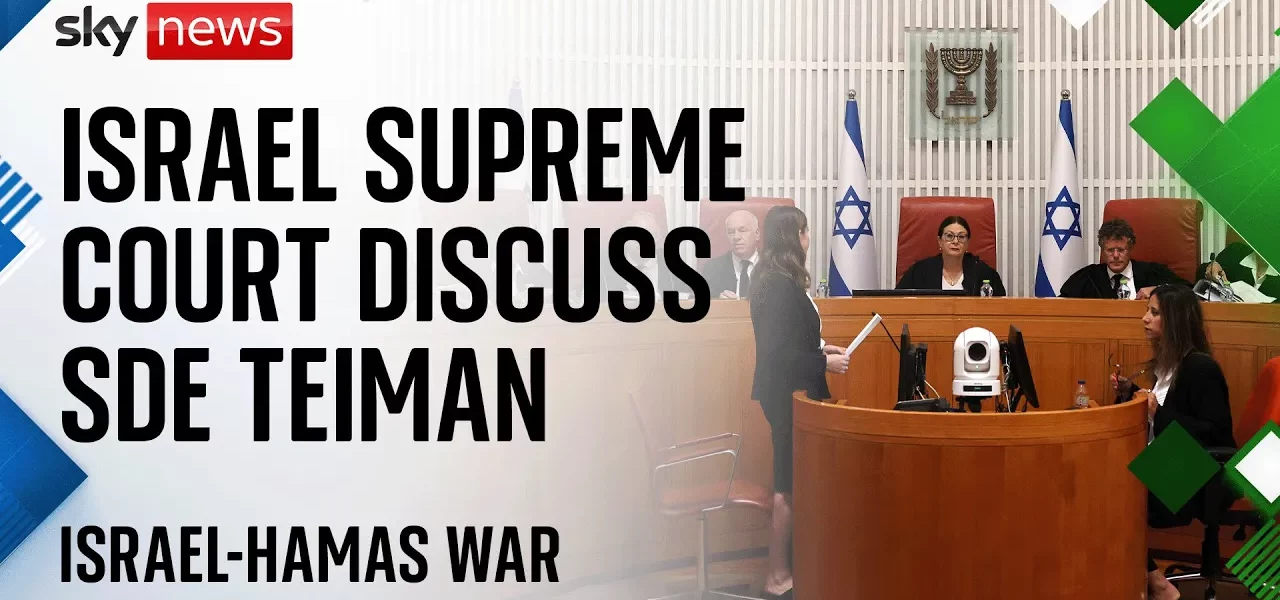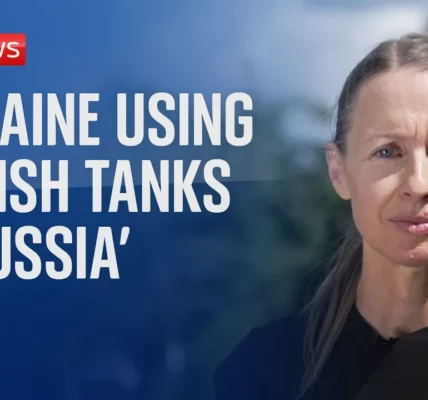After the Gaza Strip: Detention and Interrogation Processes in Israel

This article provides a comprehensive overview of the complex issues surrounding the detention and interrogation of individuals following conflicts in the Gaza Strip. It delves into the legal frameworks, the conditions of detention facilities, and the ongoing debates surrounding human rights and national security.
Introduction
In the aftermath of conflicts in the Gaza Strip, a significant number of individuals are apprehended and brought to Israel for interrogation and sorting. This process raises critical questions about the nature of these detentions, the legal definitions of combatants, and the conditions under which these individuals are held. While some detainees are identified as terrorists or illegal combatants, others are released back into Gaza after initial screenings. This article explores the intricacies of this system, including the facilities used, the legal implications, and the human rights concerns that arise from such practices.
The Detention Process
The process of detaining individuals from the Gaza Strip is governed by a series of legal and operational protocols. Upon capture, individuals undergo an initial screening to determine their status. This section outlines the steps involved in this process.
Initial Screening
During the initial screening, detainees are assessed to establish whether they are illegal combatants or civilians. Factors influencing this determination include:
- Past involvement in hostilities against the State of Israel
- Identification as a member of a recognized terrorist organization
- Evidence of intent to harm Israeli citizens or military personnel
Legal Framework
The legal framework for detention is dictated by both Israeli law and international humanitarian law. Key points include:
- Definition of illegal combatants: Under Israeli law, individuals engaged in hostilities without state affiliation are classified as illegal combatants.
- Rights of detainees: International law stipulates certain rights for detainees, including humane treatment and access to legal representation.
- Duration of detention: Detainees can be held for a limited duration, subject to regular legal reviews.
Facilities for Detained Individuals
Once classified, detainees may be moved to various facilities for continued detention and interrogation. Two primary facilities involved in this process are:
The Yemen Field Facility
The Yemen Field Facility serves as an initial point of detention and interrogation. Key features include:
- Designed for short-term holding and initial assessments.
- Equipped for basic medical care and psychological evaluations.
- Strict protocols for handling and interrogating detainees.
The Ofer Military Prison
For those classified as illegal combatants, the Ofer Military Prison serves as a long-term detention facility. Notable aspects include:
- Higher security measures and controlled access.
- Facilities designed to comply with international standards for detention.
- Programs aimed at rehabilitation and reintegration where applicable.
Human Rights Concerns
The detention and interrogation of individuals from the Gaza Strip have raised significant human rights concerns. Various organizations and legal experts have highlighted issues including:
Conditions of Detention
Reports indicate that conditions in some facilities may not meet international standards, leading to:
- Overcrowding and inadequate access to medical care.
- Limited opportunities for legal representation and family contact.
- Concerns about the treatment of detainees during interrogation.
Legal Challenges
Legal challenges have been mounted against the practices used in these facilities, focusing on:
- Allegations of torture or inhumane treatment.
- Calls for greater transparency in the detention process.
- Demands for adherence to international human rights standards.
Conclusion
The complexities surrounding the detention and interrogation of individuals from the Gaza Strip highlight the delicate balance between national security and human rights. As Israel continues to navigate these challenges, ongoing discussions and legal reviews will be crucial in shaping the future of these practices. It is essential for stakeholders to engage in transparent dialogue and ensure that the rights of all individuals are upheld. For further insights into the legal implications and human rights considerations of such processes, consider exploring our related articles on detention practices and international law.
“`




